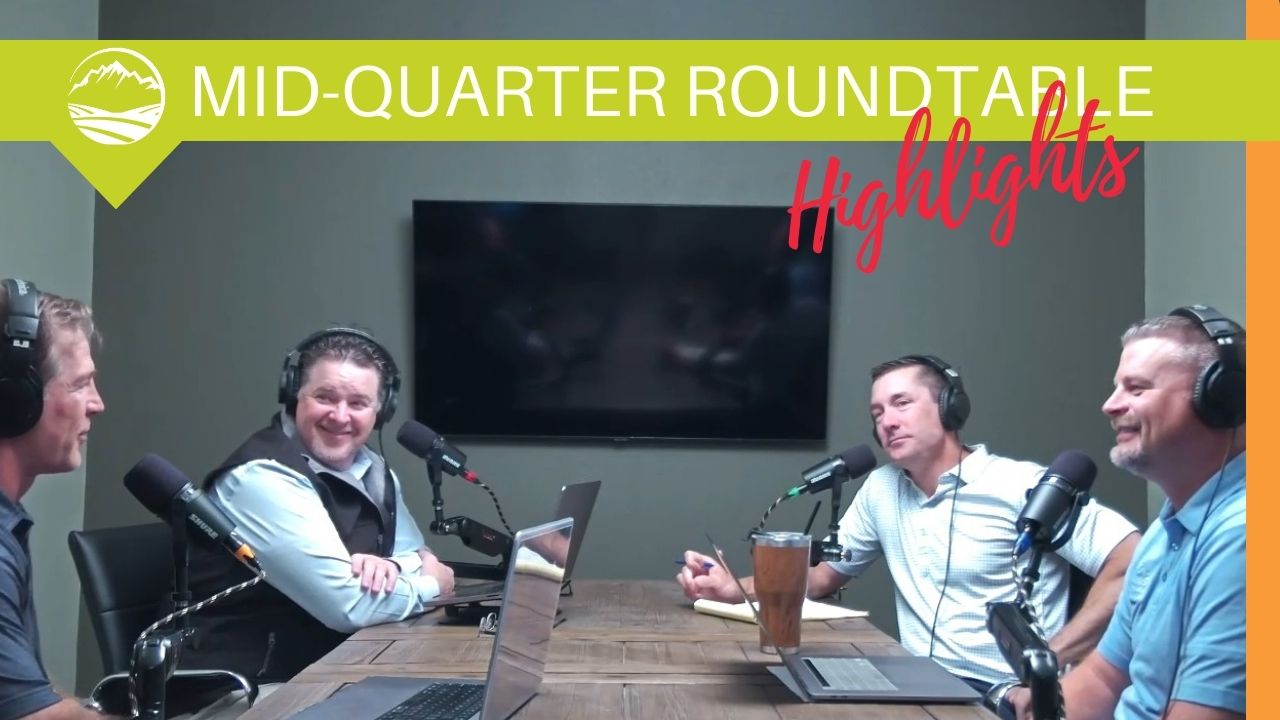You are now leaving the Strong Valley Wealth & Pension, LLC ("Strong Valley") website. By clicking on the "Schwab Alliance Access" link below you will be entering the Charles Schwab & Co., Inc. (“Schwab”) Website. Schwab is a registered broker-dealer, and is not affiliated with Strong Valley or any advisor(s) whose name(s) appears on this Website. Strong Valley is/are independently owned and operated. Schwab neither endorses nor recommends Strong Valley. Regardless of any referral or recommendation, Schwab does not endorse or recommend the investment strategy of any advisor. Schwab has agreements with Strong Valley under which Schwab provides Strong Valley with services related to your account. Schwab does not review the Strong Valley website(s), and makes no representation regarding the content of the Website(s). The information contained in the Strong Valley website should not be considered to be either a recommendation by Schwab or a solicitation of any offer to purchase or sell any securities.

Cleaning up personal finances remains one of the top resolutions every New Year. But we all know what happens to most such self-promises, so here’s a handy to-do list for every month to cultivate better financial health.

Cleaning up personal finances remains one of the top resolutions every New Year. But we all know what happens to most such self-promises, so here’s a month-by-month to-do list to cultivate better financial health.
January: Organize paperwork. This obvious starting point eludes many. Are your financial documents organized, in paper or virtually, so information is at your fingertips? Your heirs will be eternally thankful if you unexpectedly die or are incapacitated.
February: Consolidate investments. Trim your number of accounts and consolidate all your dormant 401(k)s into individual retirement accounts. Spreading your assets across various brokerage accounts is not smart diversification – it’s a recipe for confusion.
March: Follow the money. If you’re still working and too busy with your life, you may have a poor sense of your personal cash flow, the money that comes in and where you spend it. You can’t establish how much you save or spend without knowing where you are right now.
April: Tax smarts. It’s better to owe your state and the federal government instead of overpaying throughout the year.
Did you fund an IRA for your spouse, max out funding on your defined contribution plan at work or fund your Roth IRA by the April 15th deadline? Did you track your losses on your taxable accounts, such as individual and joint investment accounts, bank accounts and money market mutual funds, to name a few? These moves can qualify you for tax credits.
May: Investment smarts. How much do your investments cost you? Do you know what your insurance agent, 401(k) plan or financial advisor charges? How about the underlying expenses you pay to buy mutual funds or exchange-traded funds?
Are your investments allocated wisely to minimize taxes? For example, do you hold real estate investment trusts in your tax-deferred account? Municipal bonds in your taxable account? How much risk do you take?
June: What are you worth and why it matters. You can calculate your net worth (all your assets, such as your home and retirement funds, minus all your liabilities, such as your mortgage and credit card debt) many ways. A sophisticated net-worth calculation projects factors of asset growth such as rates of investments’ returns and risk and your rate of saving and liabilities to the end of your life.
Your goal: Minimize the risk of outliving your assets.
July: Insure against risk. Insurance keeps you financially whole if disaster strikes. To cite two examples of policies to review, did you outlive your 20-year term life insurance? If so, you’re a winner because you remain alive yet you need to consider more coverage.
Have you considered long-term care insurance, especially if you’re a woman with a longer life expectancy than a man? This coverage helps with costs of basic daily needs over an extended time.
August: Retirement planning. This planning starts in your 20s and does not end when you retire. If you’re employed, know when you can afford to retire (assuming you’re not laid off).
Are you aware of all strategies to maximize Social Security payouts? If retired, are you withdrawing from your accounts in the correct order? (Start with your taxable holdings, then move on to tax-deferred and then untaxed.) Calculating optimal distributions from IRAs and other taxable income sources annually can trim your taxes.
September: Preparing for the inevitable. Engage an estate attorney. If you die without a will, your state of residency distributes your assets with no input from you.
If your estate documents are older than about seven years, refresh them. Everyone needs such estate documents as wills, living wills, medical health-care directives and powers of attorney to stipulate your wishes if you become unable to decide matters yourself.
You especially need these papers if you or your spouse, or both, are uncomfortable with financial matters and your children are younger than legal age.
Also, draw up or re-examine these documents if:
October: Gift wisely. You can give back in many ways to organizations and people you care about with donations of appreciated securities or with payments on college loans or new mortgages. The Internal Revenue Service offers several guidelines on gifting.
Your greatest gift may be taking care of yourself so you don’t eventually become a financial burden to your adult children.
November and December: Reality check. If you followed these steps, you’re in the minority of individuals with the tenacity to tackle financial planning.
But you still should engage a professional advisor to check your assumptions. Be realistic about what you can accomplish on your own.
It’s important to get your finances right and keep them right all year.



